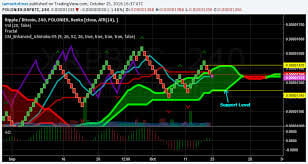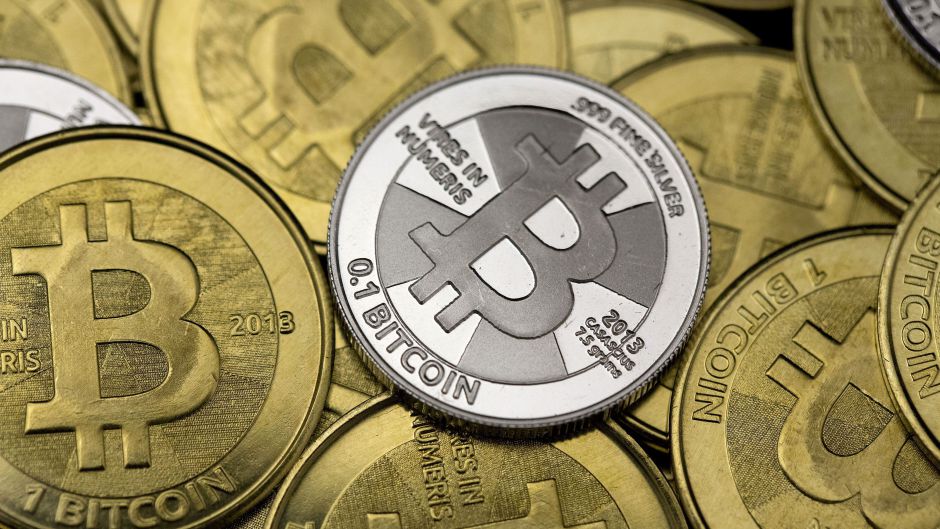
Malta Entrepreneur has Installed the Country’s First Cryptocurrency ATM
A Malta entrepreneur has installed the country’s first cryptocurrency ATM. The installation has occurred just days after local media reported that a start-up had launched a crowdfunding campaign to finance the country’s first bitcoin ATM.
The Cryptocurrency ATM Has Been Installed Days After a Crowdfunding Campaign Was Launched to Fund a Rival Terminal
A local Malta entrepreneur, Gabriel Cretu Torica, has installed the country’s first cryptocurrency ATM. The terminal has been installed outside a store in Sliema and facilitates bitcoin purchases and balances checks via QR codes.
Mr. Torica discussed the advantages of bitcoin and the speed of cryptocurrency ATMs, telling local media that “online exchanges often ask for ID verification, and that can waste up to 24 hours”. Mr. Torica also believes that the bitcoin ATM will inspire greater adoption of bitcoin in Malta. “Many people are still suspicious of bitcoin… I’m sure this will change over time as people realize the benefits”, he said.
Ivaj, a start-up and bitcoin cryptocurrency advocacy group championing bitcoin adoption throughout Malta, had already started a crowdfunding campaign seeking to raise finances for the purchase and installation of the island’s first cryptocurrency ATM. The crowdfunding campaign hopes to raise $6,000, with plans to install a second bitcoin ATM if more money than requested is received. If the campaign falls short Ivaj co-founder, Leon Siegmund, has pledged to provide the remaining required funds. Mr. Torica has stated that his bitcoin ATM had already been purchased but not installed when he heard about the crowdfunding campaign — which prompted him to contact local press.
The crowdfunding campaign is still active and has so far raised 6% of its total goal, currently having raised $368 from only 6 backers. The campaign will finish approximately one month from today. “We believe in Bitcoin’s potential and decided to invest time and effort in bringing the first Bitcoin ATM to Malta in order to unleash these opportunities to individuals, and society as a whole,” Leon Siegmund previously told The Times of Malta. “We’ve already identified a few potential locations, but it’s too early to discuss them now. What I can say is that it will either be in Valletta or in Sliema.”
Malta’s Government Has Previously Focused on Attracting Cryptocurrency Investment From Businesses
Malta’s central government has recently expressed great interest in embracing bitcoin, with the cabinet of malta approving the first draft for a national strategy designed to promote cryptocurrency and blockchain technology across the nation during April. Despite the bold rhetoric, the island still lacks basic infrastructure that will allow increased user adoption, as evidenced by the crowdfunding campaign for the nation’s first bitcoin ATM.
Malta’s government has predominantly focussed upon attracting cryptocurrency based businesses to register on their shores. Several government agencies participated in a conference hosted by PKF Malta this week that sought to “[bring] together a think tank of professionals representing a cross section of the market ranging from start-up success stories to crowdfunding, blockchain, [and] bitcoin.” The conference featured keynote speakers from Silicon Valley, and an audience predominantly comprised of representatives from Malta’s business and academic sectors.
David Ogden
Entrepreneur
Author: Samuel Haig
Alan Zibluk Markethive Founding Member













